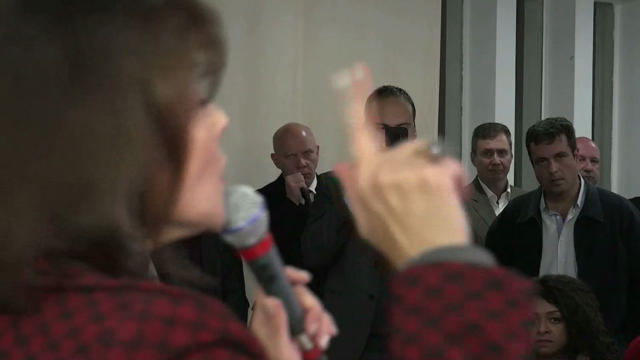Political representation of women in Brazil remains among the lowest in the world.
Changes to the law now require political parties to ensure at least 30 percent of their candidates are women. But the new rule has done little to increase the number of women elected to serve.
CGTN’s Paulo Cabral met some of the women campaigning to increase their numbers in parliament.
Andrea Werner is the mother of a 10-year-old child with autism. It’s because of him, she became an activist for the rights of special needs children and created a blog about the issue.
As her name grew in popularity, two political parties invited her to run for office this year. Werner decided to accept.
She will run as a left-wing Liberty and Socialism Party candidate trying to win a seat in Brazil’s male-dominated Parliament.
“It’s a battle. But it’s ok. I am prepared. I am not afraid. I think we should do this. More women should do this because they are not thinking about the problems of daily life,” Werner said. “When you see some countries that have more women working in the Congress, they worry more about health and education.”
Only 55 of Brazil’s current 513 Federal Deputies are women, which is only 10.7 percent.
In the Senate, there are 12 women out of a total 81 senators, that’s less than 15 percent.
Overall, Brazil ranks 152 out of 194 in number of women in national parliaments, according to the International Parliamentary Union.
 CGTN America
CGTN America
 When it comes to political leadership, Brazil has some of the lowest female representation in the world. That’s despite Dilma Rousseff becoming the country’s first female president.
When it comes to political leadership, Brazil has some of the lowest female representation in the world. That’s despite Dilma Rousseff becoming the country’s first female president.
